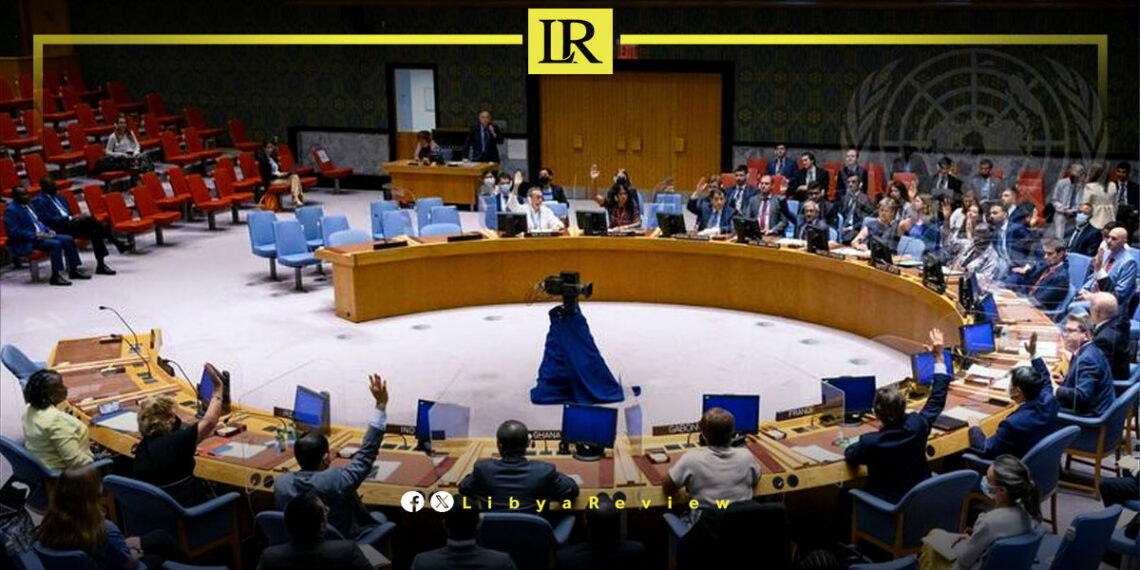The United Nations Security Council will hold a series of intensive meetings this week to discuss major political and security developments across several regions, with Libya expected to be a central item on the agenda.
The sessions come at a time of rising global instability and mounting pressure on the Council to address long-running crises and reinforce international peace efforts.
Libya is set to receive heightened attention as Council members examine the state of the political process, the role of the United Nations Support Mission in Libya (UNSMIL), and the obstacles preventing progress toward national elections.
Delegates will assess the challenges facing Libya’s transitional institutions, including the fragmentation of political authority, the influence of armed groups, and the stalled roadmap intended to lead the country out of its prolonged transition.
The Council will also review recent UN initiatives aimed at restoring political dialogue, promoting de-escalation, and facilitating negotiations among key Libyan stakeholders. Members are expected to discuss the need for stronger international coordination, particularly in light of regional tensions that risk complicating Libya’s internal dynamics. Cross-border smuggling, human trafficking, and the presence of foreign fighters remain central concerns for the Council, alongside the broader need to reinforce state institutions and improve security across the country.
In addition to Libya, the Council’s agenda includes briefings on the Middle East, the Democratic Republic of the Congo, and North Korea. Subsidiary committees will convene on counterterrorism and the protection of children in conflict zones, reflecting the widening humanitarian impacts of global instability.
For Libya, the upcoming discussions represent a critical opportunity to reassert international engagement and strengthen UNSMIL’s mandate.
Council members are expected to call for renewed commitment from Libyan parties to revive political negotiations, accelerate preparations for elections, and advance national reconciliation. They are also likely to emphasize that stability in Libya is essential not only for the country itself but also for the security of the broader Mediterranean and North African region.


